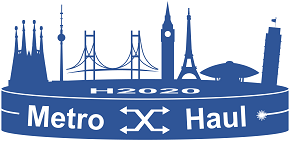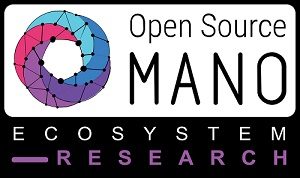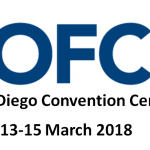It’s Hot in Bucharest – But Metro-Haul is Hotter
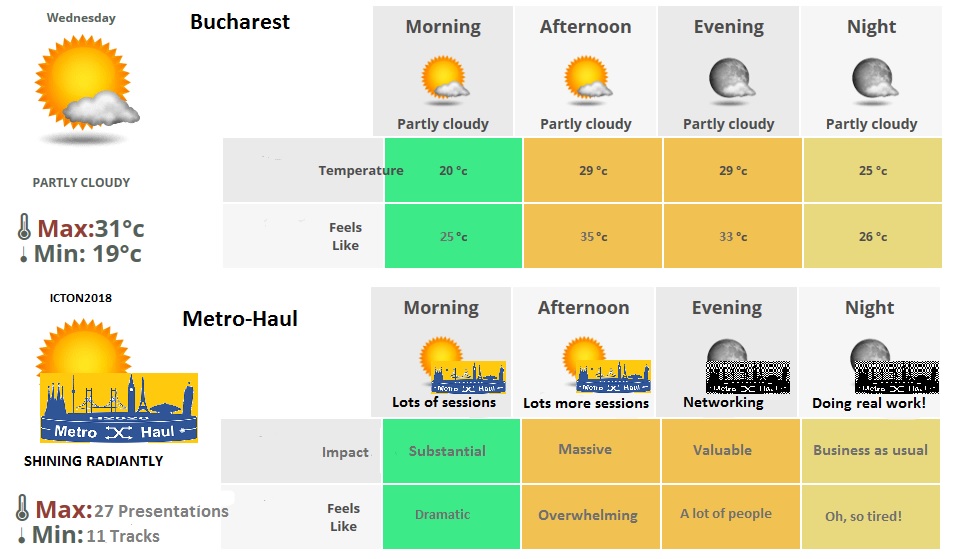
The International Conference on Transparent Optical Networks (ICTON) has reached its 20th year, which is quite something in this rapidly moving industry. For the four day meeting in Bucharest, ICTON 2018 focused on the applications of transparent and all-optical technologies in telecommunications, computing, and novel applications. It included special sessions and tracks covering a wide range of applications of optics from super-resolution light microscopy techniques and image processing, through to methods for deploying and operating flexible transport networks. In fact, ICTON is now associated with a number of workshops and special sessions that have themselves been running for quite a few years.
When I set out to write a short blog on the Metro-Haul activity at ICTON2018 I imagined it would be a short description of a couple of papers and presentations made by partners in Metro-Haul and a modest view of how the project is contributing to research in optical backhaul in support of 5G services. But it turns out that Metro-Haul was a huge player in the conference and I wasn’t able to attend even half of the presentations from the project: there were a total of 27 of them spread across 11 conference tracks in a 19 different sessions.
The breadth of the technical material was evident right from the start. The opening plenary by Ortwin Hess from Imperial College, London was “Ultraslow waves and photonic quantum dynamics on the nanoscale” – Wow!
Metro-Haul’s contributions spanned fog computing, scalable metro network architectures, pulse shaping for coherent transmission, SDN and orchestration, machine learning, data analytics and telemetry, filterless metro networks, programmable sliceable bandwidth/bitrate variable transceivers , BER degradation, virtual network topologies, traffic modelling, delay compensation, and so on!
The full list of talks and the associated abstracts can be seen on the Metro-Haul web site at https://metro-haul.eu/event/icton-2018/. Each talk was supported by a paper, and those will be published by ICTON in association with the IEEE.
What was notable to me was not only the volume of the Metro-Haul contributions, but their maturity. The project is exactly one year old, but many of these talks were already reporting significant concrete results. This was not just theoretical network architectures or ideas for research: the project partners were showing charts and graphs of the measured behaviours of networks under test, of optical equipment, or of software that has been implemented. The speakers were talking about their plans, but not just their initial plans for the project: they spoke about how they would build on their results and launch the next wave of research.
I’m hugely impressed! This isn’t some backwater project taking EU money without many deliverables. Metro-Haul is over-delivering in style.
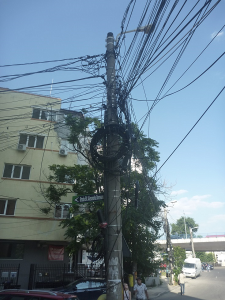
Sorting Out Networking Problems in Bucharest
